A breach of academic integrity involves some unpleasant penalties. In the case of assignments it also means you’re missing the learning experience the assignment is supposed to provide. If you don’t do your own work you won’t learn the material.
In CISC 220, anything you hand in (a marked assignment, quiz or final exam) must be your own work and not anyone else’s. When you’re working on a marked assignment, you may talk with other students about general principles and algorithms, but sharing specifics at the level of code or even detailed pseudo-code is not acceptable.
In case of group assignments, you will be working closely with your fellow group members but not any others. Your submitted work must include the names and/or student ID numbers of all students who worked on it to avoid any possible misunderstandings.
If I suspect that you have gone beyond the bounds of academic integrity, I will go to the trouble of charging you. Your penalty will be at least as bad as getting a zero on the assignment or quiz, and quite possibly worse, plus you will have a file in the Dean’s office. If you get a zero on an assignment because of a breach of academic integrity, that will not be the one I drop when computing your average, even if it’s your lowest mark.
Please protect yourself from the possible dishonesty of others. Make sure that all your work (including partial, buggy drafts) is protected by a password on all computers and other devices. If someone steals your work it can be difficult to unravel who is at fault — and if your carelessness allowed an assignment to be copied you are partially at fault as well as the person who did the copying.
I take Academic Integrity very seriously. Queen’s has asked all instructors to share this statement about Academic Integrity:
“Academic integrity is constituted by the five core fundamental values of honesty, trust, fairness, respect and responsibility (see www.academicintegrity.org). These values are central to the building, nurturing and sustaining of an academic community in which all members of the community will thrive. Adherence to the values expressed through academic integrity forms a foundation for the “freedom of inquiry and exchange of ideas” essential to the intellectual life of the University (see the Senate Report on Principles and Priorities.) Students are responsible for familiarizing themselves with the regulations concerning academic integrity and for ensuring that their assignments conform to the principles of academic integrity. Information on academic integrity is available in the Arts and Science Calendar (see Academic Regulation 1), on the Arts and Science website and from the instructor of this course.
Departures from academic integrity include plagiarism, use of unauthorized materials, facilitation, forgery and falsification, and are antithetical to the development of an academic community at Queen’s. Given the seriousness of these matters, actions which contravene the regulation on academic integrity carry sanctions that can range from a warning or the loss of grades on an assignment to the failure of a course to a requirement to withdraw from the university.”


